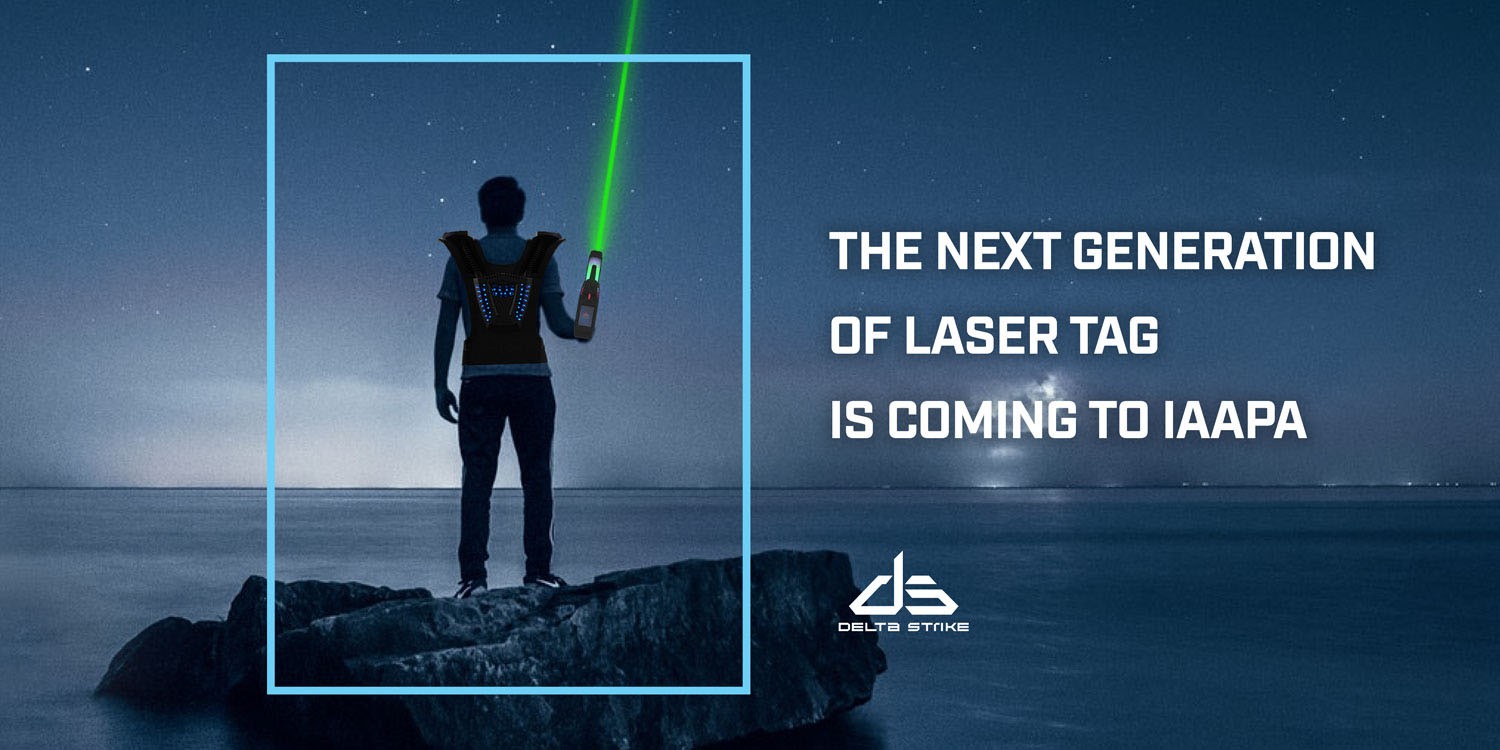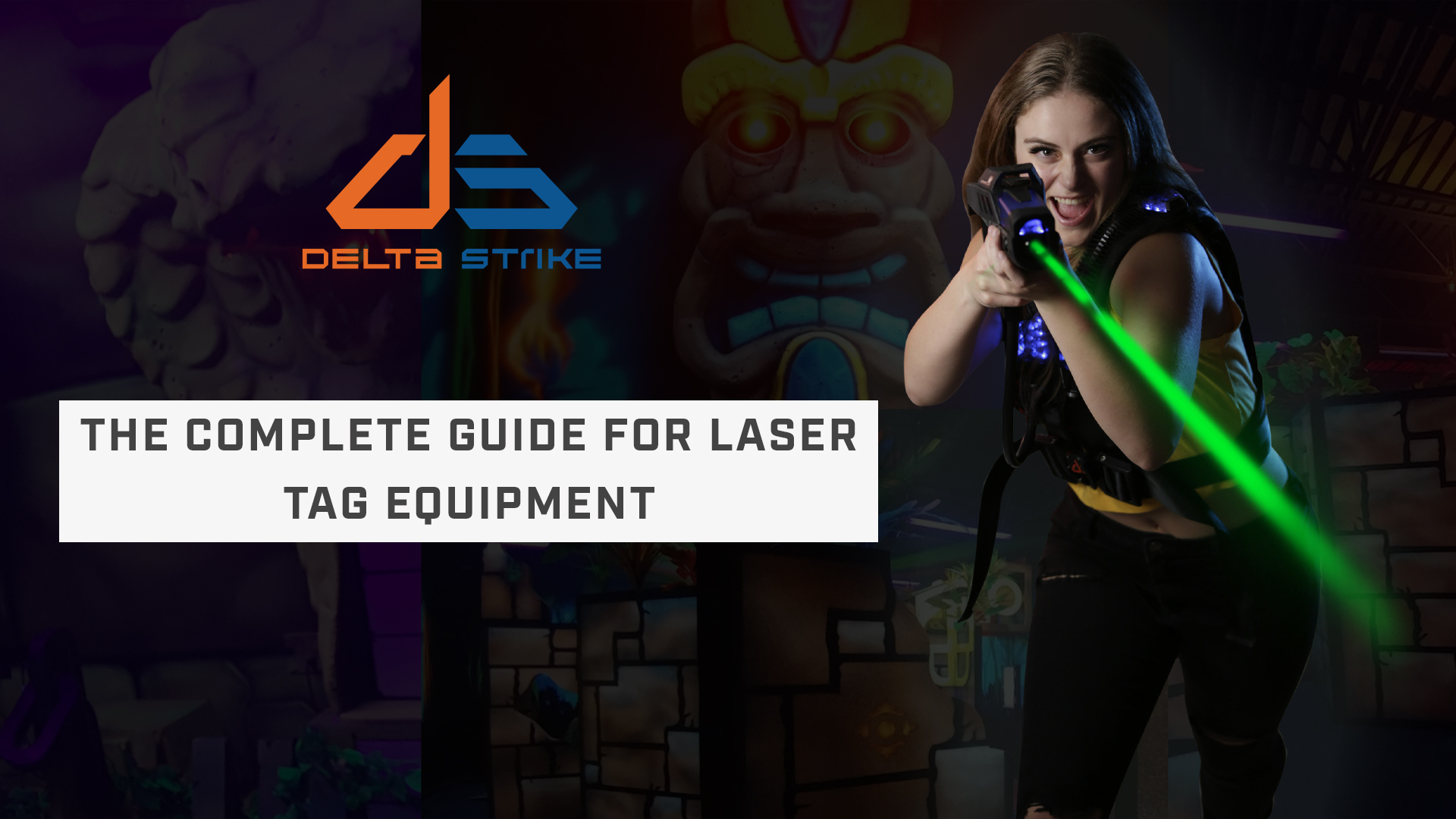Did you know that laser tag was an invention inspired by the movie Star Wars?
George Carter III, the inventor of Photon and founder of the commercial laser tag industry, introduced the first arena in 1984. The game has enjoyed commercial success and has become ubiquitous in the amusement industry.
There’s no doubt that George Lucas’s vision has made an imprint in our culture and the timeless allure of laser tag. However, the use of new technologies does not always equate to critical acclaim and box office success.
Take Star Wars Episode II: The Phantom Menace, for instance-arguably the worst movie in the saga. The use of computer-generated imagery (CGI) to create the most hated sci-fi character, Jar Jar Binks, was an epic fail.
When it comes to manufacturing laser tag equipment, the same holds; adding more LED lights or LCD screens for its sake does not always equate to a better player experience. As we discussed before, there are many other crucial factors in creating better gameplay.
When you look at the evolution of equipment at the Laser Tag Museum, you’ll notice the use of different designs and materials over the years. You’ll also find that none of them replicate, or copy other phasers and vests.

As with any good product, functionality, reliability, and ease of use are the foundational components every manufacturer must meet. Fortunately for owners and operators, these requirements have become an industry-standard over the years.
Great products spark positive emotions and ultimately create habits. They emerge from a user-centric strategy that spreads positive word-of-mouth, thus triggering mass appeal.
Take Tesla, for example. They didn’t replicate the driver experience; they took it to a whole new level. With features like Autopilot, electric charging, and more appealing design, they have significantly impacted the automobile industry.
What started as a road trip across the US became a discovery into a significant underserved need in the laser tag industry. Delta Strike’s CEO and Co-founder, Doug Willems, visited hundreds of laser tag facilities. He observed how players interacted with every market system, from stand-alone laser tag facilities to family entertainment centers.
There were confusing briefing videos and time wasted between games. Some phasers had a better look and feel than others. Even the location of speakers affected the sound quality.
Doug also visited Delta Strike customers and gained valuable feedback on ways the design of Delta Strike phasers and vests could be improved. He observed players with glasses struggling to put on the poncho-style vests.
The most significant observation was the fact that laser tag is a social activity. Regardless of experience and skill level, most players were at the centers with friends or family.
Every manufacturer (including his own) missed the mark on tailoring the experience to the player. The laser tag industry is about to take a huge leap forward with the release of Genesis.
When we talk about the next generation of laser tag, it’s in the context of more social and personalized experiences than we’ve ever seen. It’s moving away from anonymous code names and cartoon avatars.
The future of laser tag will continuously enhance the player experience through more intuitive gameplay. It’s laser tag manufacturers stepping up their game and pushing each other to new heights.
That is one of the benefits of healthy competition. It keeps the costs low and quality high for owners and operators.
At IAAPA, we introduce a system that makes laser tag more personal and social, increasing engagement, repeat business, and revenue. We are raising the bar for laser tag equipment by meeting today’s customer’s and players’ needs. We think you’ll notice that when you see Genesis for the first time at booth 3815.


